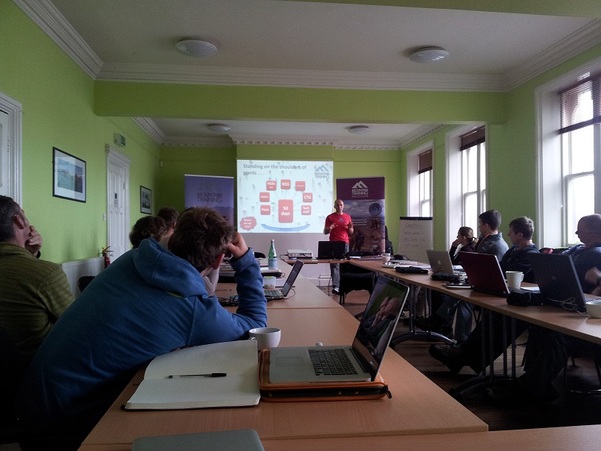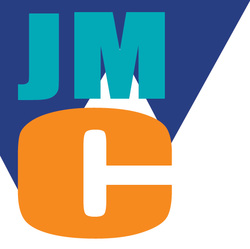I applied rather last minute to become a provider for the Mountain Trainings climbing coaching award schemes. I’ve run a lot of Climbing Wall Award trainings the last few years and figured the coaching awards would fit in with these in a logical manner. Climbing walls are where most people have their first taste of climbing so improving the input at this grassroots level makes sense.
I was sceptical before arriving at the provider workshop on the 26th/27th of September worried it was going to be too similar to the Fundamental courses with a few snippets of BCU waffle on top. The 19 providers chosen were an eclectic bunch specialising in performing, teaching and/or instructing and I wondered how it was going to be pulled together to deliver a consistent award scheme. By lunch time of the first day Martin Chester had sold each of us that this award scheme was the greatest thing since sliced bread and having read numerous books related to teaching and motivation over the last 2 years I thought the courses made excellent sense and would fit next to the Fundamental courses nicely.
The BMC Fundamental courses are primarily about what to teach whereas the coaching schemes are more concerned with some good methods of how to teach, plan, analyse and give feedback. Part of the ethos of the award is to give good practice and teaching skills to a large body of people working with beginner and intermediate climbers on a regular basis. This will hopefully make many peoples’ first contact with climbing a more positive experience and give instructors/coaches more strings to their bows. The 2 awards levels to do this are the Foundation Coach and the Development Coach award, with a Performance coach award being piloted in the spring of 2014.
One example showing the importance of how we communicate is shown in Dwecks book, Mindset. How the difference of 6 words can have a profound effect on performance in anything.
Students praised for ‘talent’ rather than effort would go on to do much worse in tests.
Talent based phrases: “you’re a natural at that” “you made that look easy” “you’re very intelligent”
Effort based phrases: “you worked hard for that” “you could do harder”
The groups praised for effort would persevere on tests for longer, enjoyed them far more and did not suffer any loss of confidence. Groups praised for talent didn’t want to look ‘unintelligent’ so if there was a choice of an easy or a hard test they’d choose the easy one. 90% of students praised for effort took the harder test looking at it as a potentially fruitful challenge.
If you are working with people in the context of teaching it’s hard to ignore this type of research. Have potentially great climbers lost motivation or ‘flatlined’ through being told how great they are? Are people sticking to the same party piece routes because they don’t like being seen to fail on something new?
Another good example is the ‘Gorillas in Our Midst’ test from Simons and Chabris. Volunteers were asked to watch a basketball match between a team in red and the other in white. They are asked to count the number of passes the red or blue team make. Halfway through the game a guy in a gorilla suit runs across the screen. More than half the volunteers missed the guy in the gorilla suit. The experiment was later done with Basketball players who all saw the guy in the Gorilla suit.
Experts are deemed to have more conscious bandwidth. This can be linked into many facets of climbing from the briefings instructors give before a bouldering session to Z-clipping and even shoddy belaying.
Many elements from the coaching award scheme have not been widely brought into the world of climbing although excellent books like Dave Macleods 9 out of 10 climbers does touch upon many of them. It will be interesting to see what the effect is over the coming years.

 RSS Feed
RSS Feed

